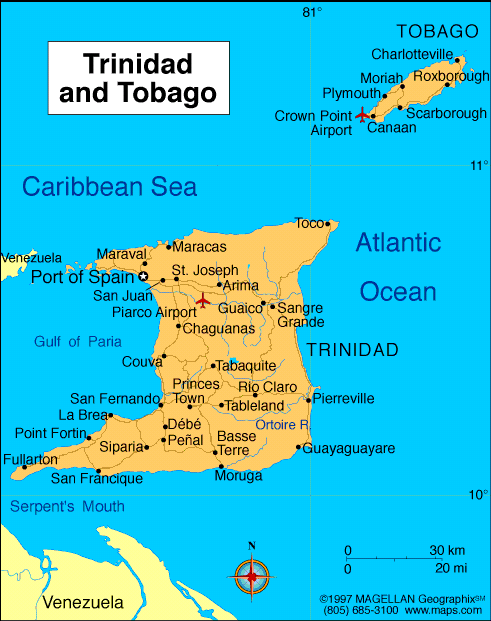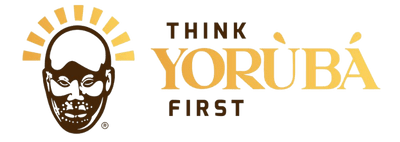Trinidad and Tobago’s Yoruba people

Trinidad Orisha, also known as Shango, is a syncretic religion in Trinidad and Tobago and is of Caribbean origin, originally from West Africa (Yoruba religion). Trinidad Orisha incorporates elements of Spiritual Baptism, and the closeness between Orisha and Spiritual Baptism has led to use of the term “Shango Baptist” to refer to members of either or both religions. Anthropologist James Houk described Trinidad Orisha as an “Afro-American religious complex”,[1] incorporating elements mainly of traditional African religion and Yoruba and incorporates some elements of Christianity (Catholicism and Protestantism), Hinduism, Islam (especially Sufism), Buddhism, Judaism, Baháʼí, and Trinidad Kabbalah.
Ritual music
Trinidad Orisha practice involves call-and-response singing accompanied by a trio of drums. Orisha drums are double-headed bi-tensorial cylinders derived from Yoruba bembe drums (similar to the Cuban Iyesá drums). The drum that is lowest in pitch is called the bo or congo. The lead drum is called “center drum,” “big drum,” or bembe. The smallest drum, highest in pitch, is called umele. The first two drums are played with a single stick plus hand combination, while the umele is played with a pair of sticks. All of the sticks are curved at the end, and resemble a shepherd’s staff or crook.[2] The language of the songs has been referred to as “Trinidad Yoruba”[3] and is derived from the Yoruba language.
